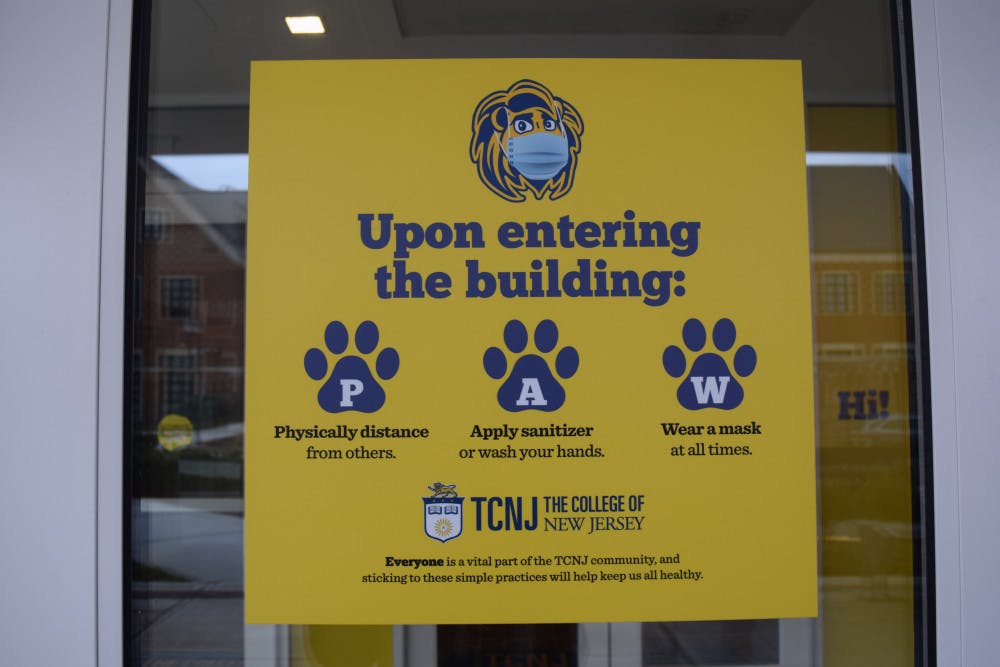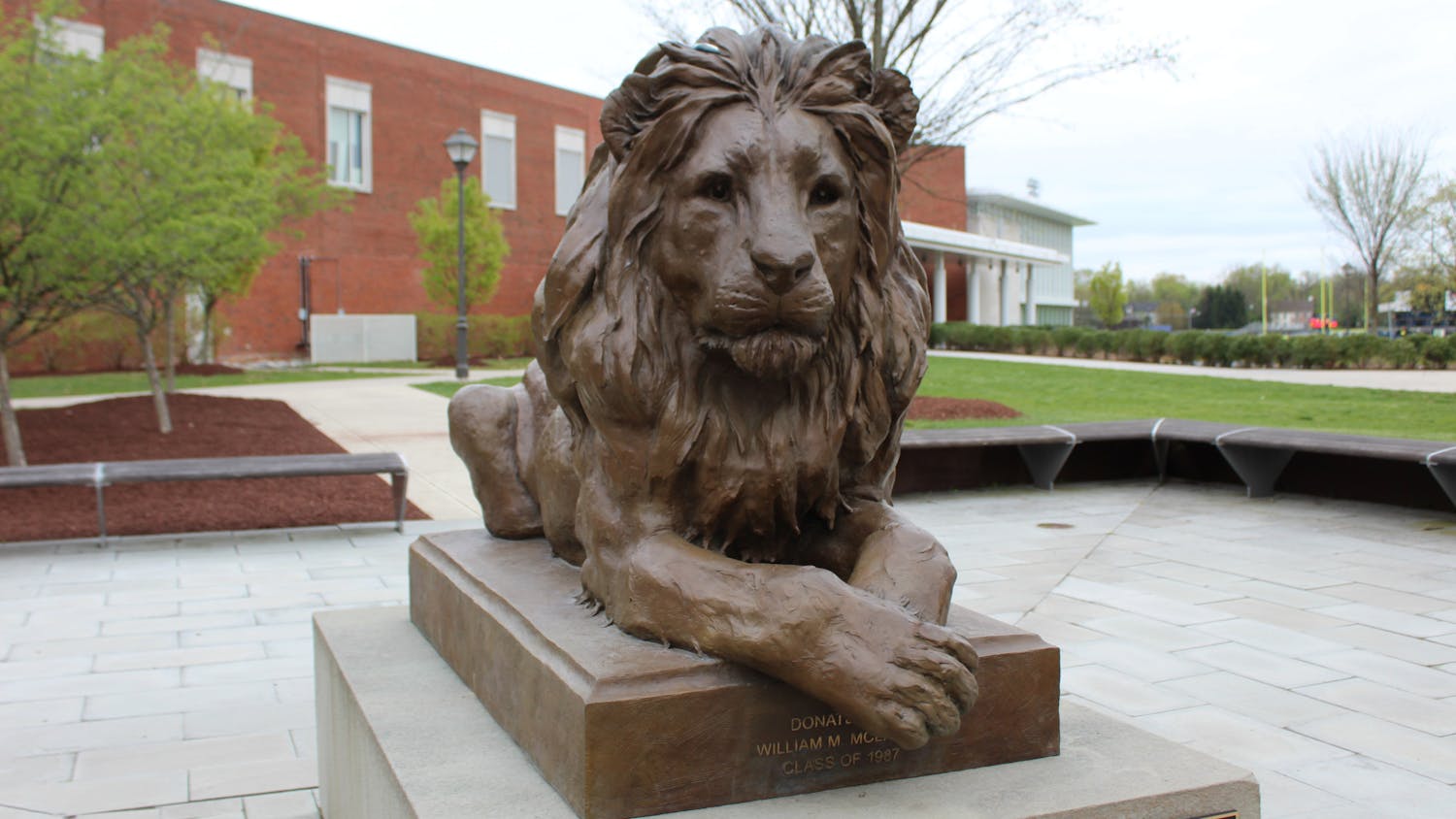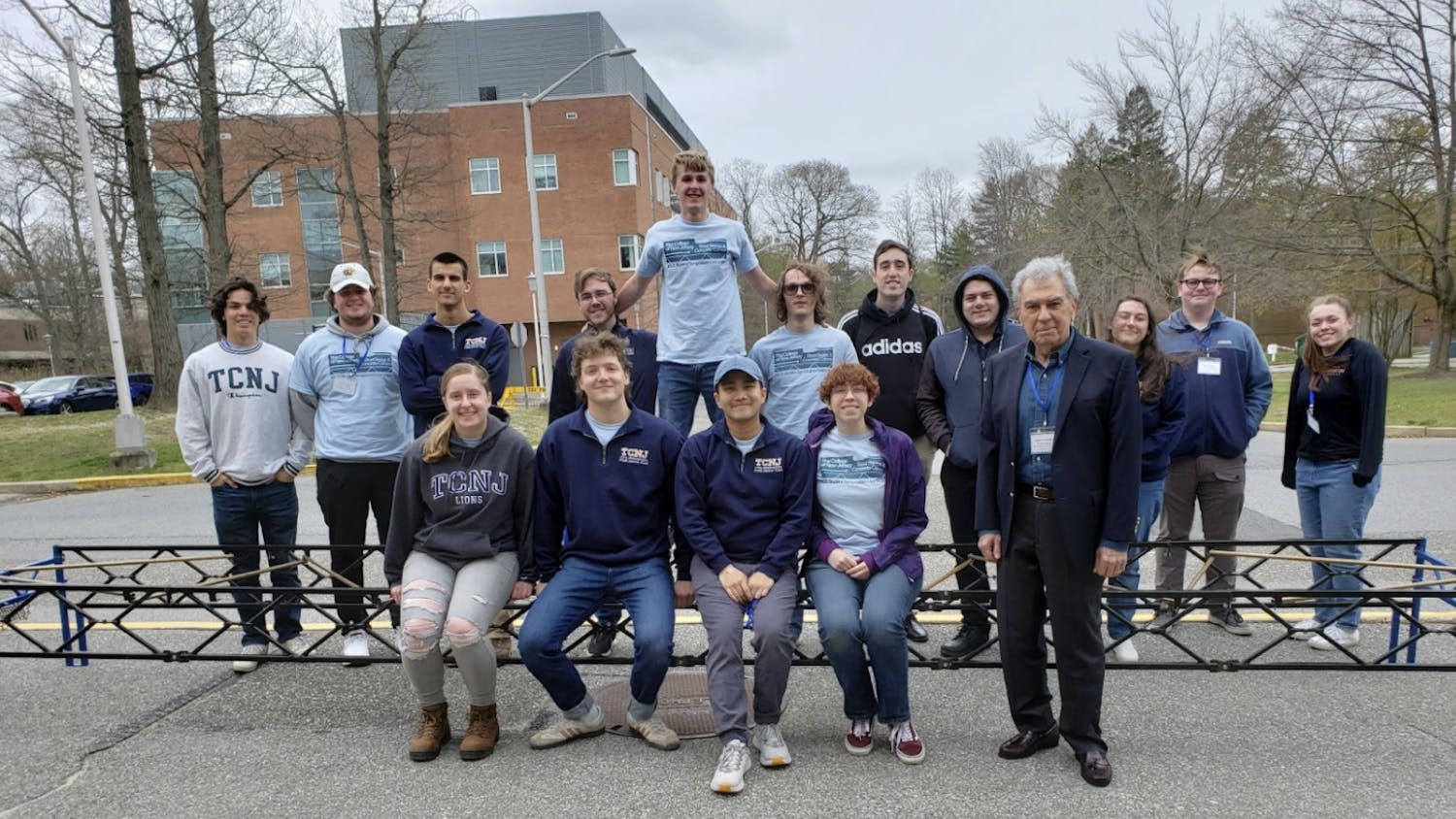By Lara Becker
Editor-in-Chief
In September, The Signal was made aware of several police reports linking College students to off-campus partying. In the same month, there was a spike of more than 80 cases of Covid-19. By the end of the semester, that number grew to nearly 200.

President Foster and members of the administration feel that instead of reprimanding students, they would rather create a partnership and collaboration.
“There are no rules (particularly) for fraternities or athletic groups. I think it would be inappropriate for us to call them out in that way, presuming they are going to violate those expectations,” said Vice President for Student Affairs Sean Stallings. “While we can make maybe some educated assumptions that some of these affiliate groups that have large memberships may be so inclined to violate, it would be inappropriate for us to call them out.”
In the College’s Health and Safety Policy as an extension of the Student Conduct Code, there are updated regulations regarding Covid-19 policies and enforcement of expectations. The policies encourage social distancing, mask wearing, a mandatory “Returning to Campus Training,” maintaining New Jersey restrictions, and weekly Covid-19 testing and daily health check-ins if living or coming to campus.
“We try to take an approach that we anticipate and we expect students to meet the student conduct code and by and large our students do,” said Stallings. “There are few who might violate those expectations and draw a lot of attention, but by and large it’s very few students who are sort of outside the lines.”
In addressing the numbers of off-campus students and their contribution to spreading of the virus, the administration said they are working closely with Ewing Police, but that they can only do so much.

“While there may be police reports indicating that they’ve had to address a party, we can only do so much with limited information. Some of the reports that we get may not have enough information for us to appropriately follow up. But when we do, so if we know the names of students, addresses of the individuals involved…surely we follow up with students and that’s whether it’s Covid or not,” Stallings said. “We would not be permitted to share what those outcomes are, but, yes, those cases are referred to the Dean of Students’ office and then we have a case manager — it’s usually a director of student conduct who would hear those cases, do the investigation and set those charges.”
Students are encouraged to submit a form if they are aware of breaches to these expectations, which are classified as student conduct violations.
“I think all of us should be having the conversation that says ‘Every choice I make, everytime I go to the grocery store, every time I don’t wear my mask, every time I don’t socially distance, every time I don’t get my test when I’ve been mandated to get a test, I am potentially putting not only myself at risk, but I’m putting everyone at risk,’” President Foster said. “From my point of view philosophically, we should all be having that conversation.”
In hopes of reinforcing the existing expectations for student conduct, President Foster and Ewing Mayor Bert Steinmann are intending to visit some off-campus student homes in an in-person campaign in coming weeks, to supply PPE and check in on regulations. Foster acknowledged that College students in off-campus homes have a responsibility to protect the community around them.
“You are in a neighborhood that has its own sense of anxiety or worry about housing, where the neighbors may not be compliant,” Foster said. “And these are, in many cases, folks who are concerned about health, and so we want to assure them, and by reassuring those neighbors also say to our TCNJ community members: we are asking you, and we are appealing to you to be mature this semester and to follow the rules, and to comply, and to recall and be mindful all the time that you live in an environment that has a lot of different people with different circumstances.”
Foster feels confident in the College’s plan for a ‘flex’ spring semester, and prepared for potential issues that may arise.
“I mean there’s a whole lot of things that can happen and so, the plan seems very good and strong — stronger than a lot of colleges and universities.” she said. “I think that the real question is compliance and, as you’ve been pointing out, our ability to enforce. And so we’ll do everything we can.”
Ultimately, a message of togetherness is guiding the administration to trust its students, in the hope that they comply.
“It’s not about being punitive,” said Vice President for Operations Sharon Blanton. “The approach is much more about being cooperative and just working together to try and make the best of this situation; better for all of us.”







